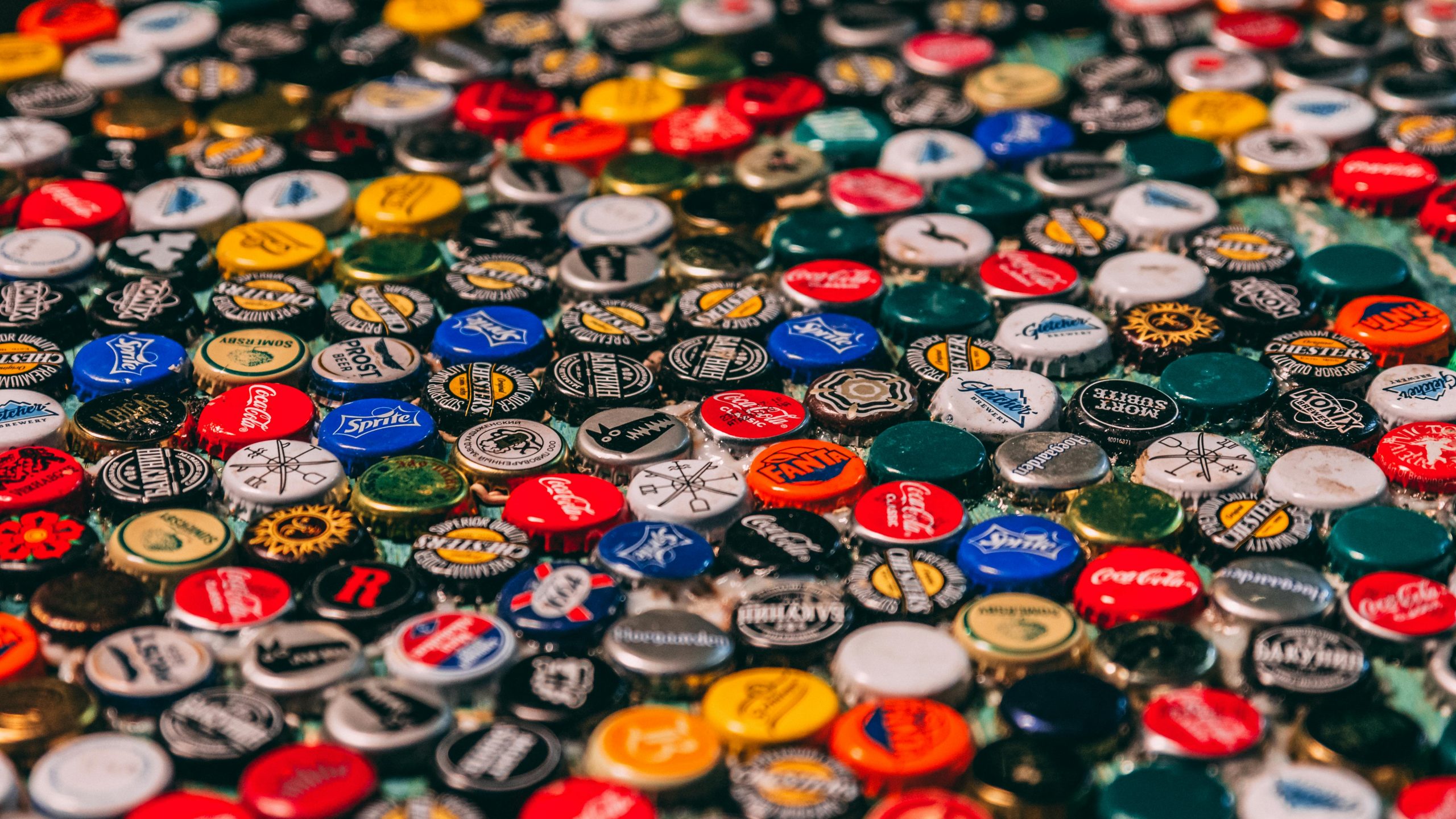Your cart is currently empty!

Steven Coulson
Steven has been drinking beers, wines and spirits for decades and has a propensity to go about them at length after a few drinks.
Latest Posts
- My wife found out our favorite Gin for martinis was discontinued. I think we are good for a while…

- Oregon Road Trip: Freeland Spirits Garden Botanicals Gin

- Botanist with Trader Joe’s Lemon and Elderflower Soda

- I’m one of the worlds leading buyers of craft gin in the world and a international spirit judge AMA

- I’m blown away…. By how let down I am by this Gin.

Categories
Tags
Social Links

The Illusion of Limited Releases in Craft Beer: A Cause for Concern
As a craft beer enthusiast, I’ve recently noticed a concerning trend that seems to be permeating our beloved bottle shops. The concept of “limited release” beers, which once evoked the thrill of the chase and a sense of exclusivity, now often falls flat. It seems that these so-called limited editions linger on store shelves for far longer than expected, raising questions about marketing authenticity in the world of craft brewing.
Just yesterday, I found myself in a local bottle shop where an “extremely limited” barrel-aged stout proudly displayed its promise of exclusivity. Despite the shelf talker boasting about a mere 500 cases being produced, this particular stout has been collecting dust since October. At a steep price of $25, it remains clear why this brew is still readily available: it tastes remarkably similar to countless other bourbon barrel stouts on the market today.
In the past, beers like KBS and BCBS were treasures that sold out almost instantly, with enthusiasts camping outside stores just to secure a few bottles. Today, however, these famed brews are, ironically, accessible to anyone willing to walk into a decent shop. I recently spotted vintage 2020 BCBS—once the crown jewel of limited releases—just sitting there, as if it were a common lager.
The sheer volume of so-called “limited” brews being churned out today is overwhelming. Many of these beers end up sitting on warm shelves past their ideal drinking window, making it clear that the idea of scarcity has become too artificial. This leaves me disillusioned, as I find it increasingly hard to differentiate between truly exclusive beers and those that are merely riding on the coattails of clever marketing.
Honestly, I’m tired of shelling out premium prices for “limited edition” offerings that turn out to be less unique than a mass-produced lager. Breweries need to either commit to genuine scarcity or stop presenting their contact-brewed barrel-aged concoctions as elusive treasures. If they want to keep the allure of limited releases alive, they must prioritize quality over quantity. It’s time for a return to a more authentic craft beer experience!
